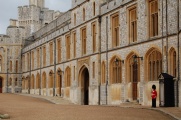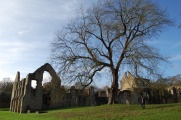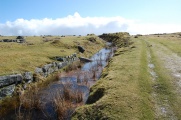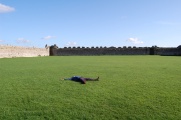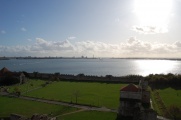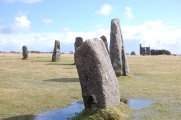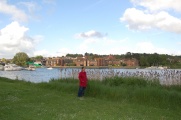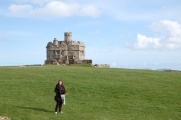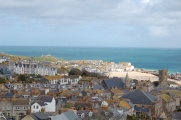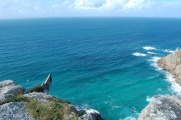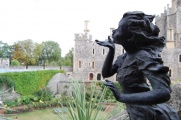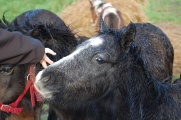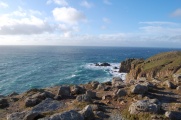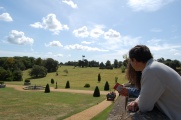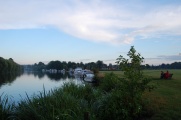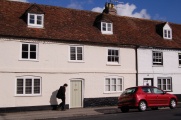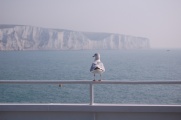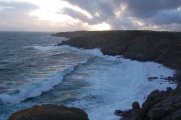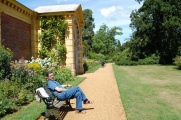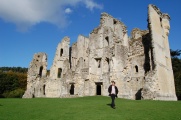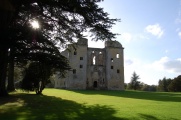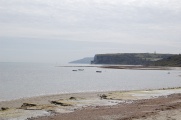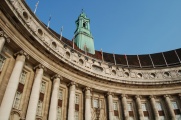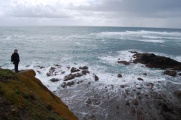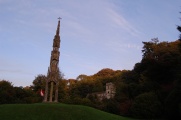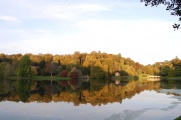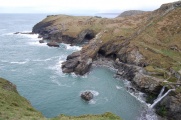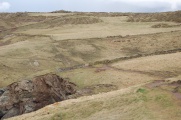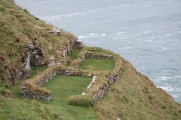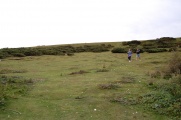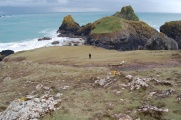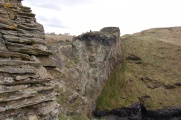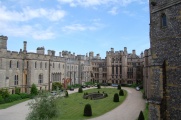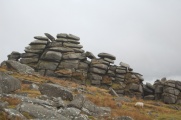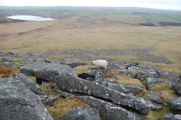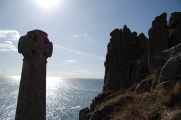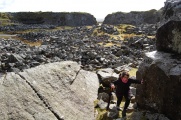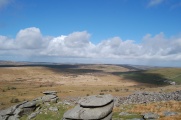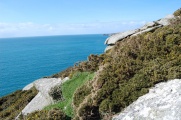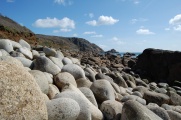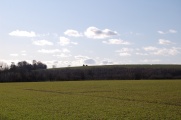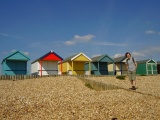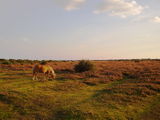Great Britain
- Oh! England, my Lionheart,
I'm in your garden, fading fast in your arms. [...]
Flapping umbrellas fill the lanes—
My London Bridge in rain again.
<googlemap lat="55.002826" lon="-4.54834" zoom="6" width="740" height="800"> </googlemap>
Contents |
Great Britain is among our favourite countries in Europe, although technically, it's not even a country (how typical, and if that wouldn't be enough, there's also the United Kingdom and who knows how many more variations of the same theme).
Anyway, not being the Wikipedia, we shall bring you here to speak of England, Wales, Scotland and in fact even UK and various other things (we shall avoid though to include Northern Ireland here, which I sometimes do to tickle a British person, but not to the point to annoy indiscriminatingly).
We lived in England (in Sheffield and in Southampton) and never cease to be amazed by this island (it is, even technically, an island).
The gastronomy is poor and people's character can be rebutting to a latin (probably also to everybody else, including the British themselves), but it is unmatched for its culture and areas of outstanding natural beauty (they actually call this way one subclass of their national parks). It is also the most cunning of countries, the one that defeated Napoleon. But a valiant and noble nation, with a memory more tenuous than history itself.
- Nos a Gulielmo victi victoris patriam liberavimus.
For these and many other reasons, this is the crown of Europe.
Gastronomy
I've said before the gastronomy is poor. It does not mean it is bad, although it rarely comes close to what British people think of it [1]. One never feels touching some piece of culinary art when eating a fish and chips, although I wouldn't miss one for anything, and the cheddar is good in a potato but even hunger does not make it palatable. With all due respect to Wallace, British cheese comes second to virtually any other type from any other country. The Sunday roast can actually be delicious, as my friend Dean Read once demonstrated by cooking it himself, on an actual Sunday. Sadly, I've never been able to repeat this experience. In a pub, it is systematically terribly dull. Cakes look good but this is their main asset. Wine is not worth speaking about, many would even be surprised it exists at all. Finally, the English language does not have a proper word for dégustation.
There is, however, the British pudding, so rich as our friend Tom Taylor puts it. The ceremonial is fantastic. Prepared over months, possibly over years, you set it on fire before burning your tastebuds with sugar. All things sugary in general are in the mouth what the British people are in character: unexpected, exuberant, arrogant, delightful. Their ale is the best in the world. The tea is admittedly awful, at least by the Russian standard, but there is the Cornish version and the English ceremonial, the tea party, the tea breakfast, the scone and the clotted cream, as a compensation for this lost wisdom.
- In fact the truth of the matter is that most English people don't know how to make tea any more either, and most people drink cheap instant coffee instead.
- Douglas Adams in The Salmon of Doubt, see also [2].
There are also those ingredients only commonly used by the British, like the wonderful parsnip—the savour of a fruit in the delight of a potato—or the rhubarb—the rapture of sourness in the delectation of a fruit. This is an enduring mystery for me as for the reason of their neglect in popular French cuisine.
- Give me one kiss in apple-blossom.
- Give me one wish, and I'd be wassailing
- In the orchard, my English rose,
- Or with my shepherd, who'll bring me home.
And the best thing of all, the British mustard... a simple but compelling demonstration of domination, in the things that matter.
Places of Great Britain
We know better the south of England, since we lived in Southampton. A place we really want to visit sometime is Iona.
Areas
- The Trossachs (in Scotland).
Cities
Villages
Gallery
This is a gallery of various locations and times, in no particular order, featuring some aspects of our two years or so living in UK.
A British friend (Tom) contemplating the coast of his country (Houns Tout Cliff).
A Queen's Guard in post at Windsor.
A tree lashed by the wind in Cornwall.
A path of water in Cornwall.
Elena in Stonehenge.
Fabrice in Portsmouth's castle.
View of Portmoush and its Spinnaker from the castle.
The Thames when not in London.
Fabrice and our car in Exeter.
Views of the Dover cliffs from the ferry.
Julio and Guille waiting outside the Isle of Wight royal garden.
Nearby Minions.
Fields in Hambledon.
On the ferry to France.

